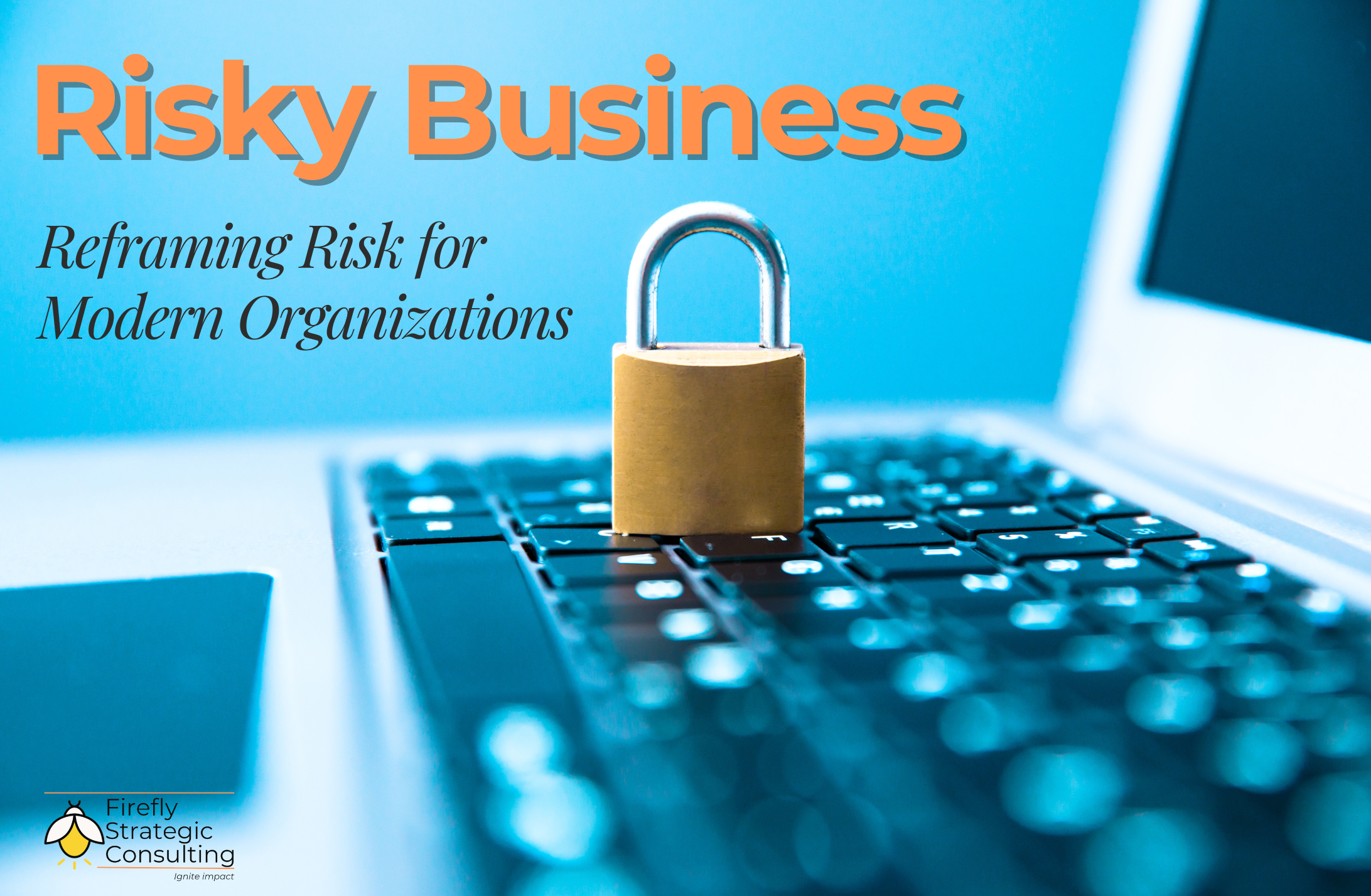Risky Business: Reframing Risk for the Modern Organization
When leaders think about risk, financials usually take centre stage. But have you considered one of your most valuable (and vulnerable) assets: your data?
As organizations modernize and operate more digitally, they collect significant amounts of personal data about clients, partners, and other stakeholders. This data can fuel smarter decisions and more efficient operations—but it also introduces significant risk.
What Is Privacy Risk?
Information Privacy refers to the right to control how your personal information is collected and used. Organizations, regardless of size and/or sector, are responsible for handling that information securely—and they’re accountable when things go wrong.
Risk = Likelihood × Impact
Privacy risk is the chance something could happen to your organization’s data (based on your systems, policies, and protections) multiplied by the potential fallout of a breach (what kind of data you hold, and how a breach could hurt your organization).
Why Privacy Matters
Privacy risk isn’t just a legal or technical issue—it’s a leadership issue. Here’s why:
Technology is evolving fast. More data is being collected and shared—often without clear oversight.
Breaches are common. Smaller organizations are especially vulnerable.
Regulations are tightening. Non-compliance can be costly.
Trust is currency. Your reputation depends on how well you protect people’s information.
Protecting your people is the right thing to do.
Privacy as a Strategic Advantage
Think of it this way: if you were hiring movers, would you choose the company that’s licensed, insured, and careful—or the one that’s just cheap and fast?
The same goes for your organization. Demonstrating that you take privacy seriously builds trust, loyalty, and a competitive edge.
What Can You Do?
Start with a privacy risk assessment. This is like an audit to help you understand what data you have, where it lives, who has access, and where the biggest vulnerabilities lie. From there, you can prioritize improvements that protect your people and your mission. If you’re unsure where to start, a certified privacy professional can help you assess your needs and build a realistic, prioritized strategy to strengthen your organization’s privacy program.
Let’s talk about how you can build trust and resilience through stronger privacy practices.
Article originally written as a guest post for: Integritas Business Law Professional Corporation.

